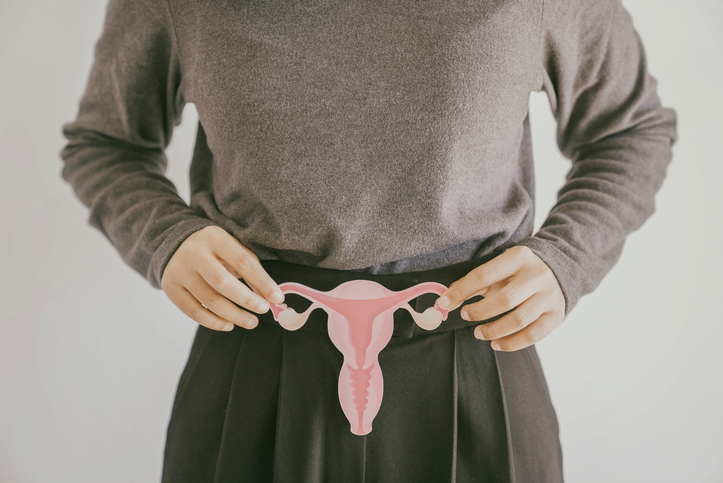2024-08-06
Study on the use of Transcranial Direct Current Stimulation for pain management in patients suffering from endometriosis
Gynecology
Endometriosis is often accompanied by central sensitisation syndrome (CSS), characterised by a loss of analgesia and a central amplification of pain, similar to other chronic pain conditions.
Transcranial Direct Current Stimulation (tDCS) has been shown in recent studies to be an effective intervention for improving pain generated by other chronic pathologies affected by CSS, such as fibromyalgia and chronic pelvic problems.
The aim of this study will be to evaluate the effectiveness of tDCS on pain, fatigue and quality of life in patients with endometriosis.
The study will recruit 40 participants with endometriosis, divided into two groups: an active group and a placebo group. Anodal tDCS will be applied at an intensity of 2 mA to the primary motor cortex for 20 minutes a day for 10 consecutive days. Assessments will take place at four different times: one week before the start of the intervention, on the 10th day after the last tDCS session, and one and two months after the last tDCS session. Pain will be assessed by algometry and will be the primary endpoint. Secondary endpoints will include pain intensity, quality of life, fatigue and overall perception of change. The effects of active versus placebo stimulation on the primary and secondary endpoints will be calculated using generalized estimating equations or mixed model analysis.
The researchers expect that only the active group will show significant reductions in pain, fatigue and improved quality of life. The results of this trial will provide crucial evidence on the effectiveness of neuromodulation for pain management in patients with endometriosis and will support further studies of tDCS. If the researchers' hypotheses are borne out, tDCS could become a promising non-invasive treatment option for patients suffering from chronic pain due to endometriosis, thereby improving their quality of life.
This study will fill an important gap in the management of chronic endometriosis pain by testing an innovative and potentially effective approach to neuromodulation. The expected results could not only bring significant relief to patients, but also pave the way for future interventions using tDCS for various pathologies generating chronic pain. The data collected will be essential for establishing a solid basis for further research and for potentially integrating tDCS into clinical practice for pain management in endometriosis.
The study will recruit 40 participants with endometriosis, divided into two groups: an active group and a placebo group. Anodal tDCS will be applied at an intensity of 2 mA to the primary motor cortex for 20 minutes a day for 10 consecutive days. Assessments will take place at four different times: one week before the start of the intervention, on the 10th day after the last tDCS session, and one and two months after the last tDCS session. Pain will be assessed by algometry and will be the primary endpoint. Secondary endpoints will include pain intensity, quality of life, fatigue and overall perception of change. The effects of active versus placebo stimulation on the primary and secondary endpoints will be calculated using generalized estimating equations or mixed model analysis.
The researchers expect that only the active group will show significant reductions in pain, fatigue and improved quality of life. The results of this trial will provide crucial evidence on the effectiveness of neuromodulation for pain management in patients with endometriosis and will support further studies of tDCS. If the researchers' hypotheses are borne out, tDCS could become a promising non-invasive treatment option for patients suffering from chronic pain due to endometriosis, thereby improving their quality of life.
This study will fill an important gap in the management of chronic endometriosis pain by testing an innovative and potentially effective approach to neuromodulation. The expected results could not only bring significant relief to patients, but also pave the way for future interventions using tDCS for various pathologies generating chronic pain. The data collected will be essential for establishing a solid basis for further research and for potentially integrating tDCS into clinical practice for pain management in endometriosis.

Last press reviews
Vaccine vs. SMC: rivals or partners?

#MalariaVaccine #R21MatrixM #Malaria #Vaccination #SMC #InsecticideTreat...
A race against time for a vaccine?

#PfSPZ #Vaccination #Malaria #Immunogenicity <br><br><br>...
Birch allergy: could one shot change everything?

#AllergicRhinoconjunctivitis #IgG4 #Allergoid #BirchPollen #Immunotherap...